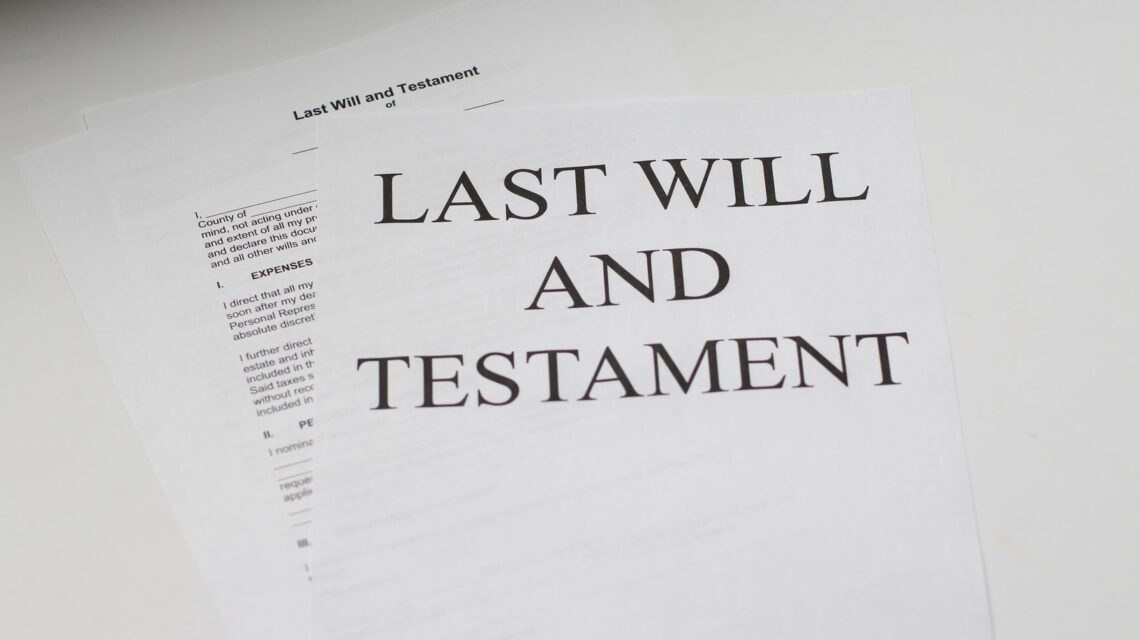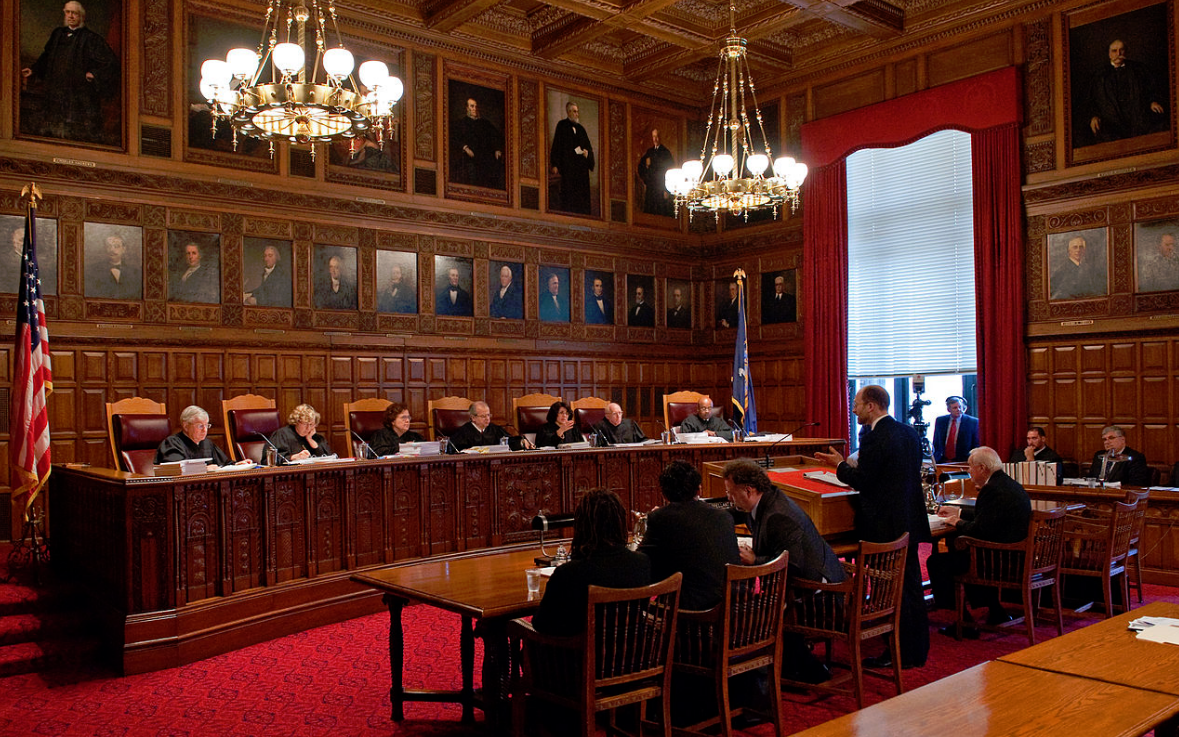Famous TV doctor Mehmet Oz—better known as “Dr. Oz”—recently accused his sister, Nazlim, of forging their late father’s will and stealing millions from his estate. A 2008 will left all of Mustafa Oz’s assets to the Mustafa Oz Foundation, a United States organization, and left Dr. Oz in charge of the foundation; however, Nazlim presented a new will dated 2018 after Mustafa’s death, which Dr. Oz claims is forged. Mustafa Oz passed away in Turkey in 2019, and litigation regarding his estate subsequently commenced in Turkey. Turkish prosecutors reportedly followed some of the money to bank accounts in at least three other countries. The Turkish estate dispute is proceeding alongside a…
-
-
NO CONTEST CLAUSES IN WILLS: WHAT ARE THEY, AND DOES NORTH CAROLINA ENFORCE THEM?
When you create an estate plan, you plan out how you want your assets to be distributed after you die. However, what many people do not plan for in creating their estate plans is the possibility of someone challenging their will later on, for example, by arguing you lacked the testamentary capacity required to create a valid will. One option to discourage challenges to your will after you die is the inclusion of a “no contest clause,” also known as an “in terrorem clause” (translated from Latin to mean “so as to produce terror”). A no contest clause is a provision in a will stating that if a devisee challenges…
-
Twelve Causes of Action That May Accompany a Breach of Fiduciary Duty Claim
Several causes of action may be pled in conjunction with a claim for breach of fiduciary duty, depending on the facts and circumstances surrounding the case. Attorneys should consider the following claims when filing a breach of fiduciary duty cause of action and determine which, if any, also apply to their clients: 1. Constructive Fraud Constructive Fraud occurs when a person or entity gains an unfair advantage over another through unjust means, usually by lying or omitting important details. Constructive fraud differs from actual fraud because the elements of constructive fraud do require intent, or actual…
-
Breach of Trustees’ Fiduciary Duty – Part 2: Duty of Loyalty & Duty of Impartiality
As we’ve mentioned in part 1 of this series, trustees are fiduciaries and, as such, trustees owe a variety of fiduciary duties to multiple parties. These obligations include both the duty of loyalty and duty of impartiality, which we will discuss this week. To prove a trustee breached of one of these duties, one must show three things: (1) the existence of a fiduciary relationship; (2) the breach of a fiduciary duty; and (3) damages proximately caused by the breach of the duty.[1] It is important to keep in mind that the express terms of the trust can modify…
-
Breach of Trustees’ Fiduciary Duty – Part 1: General Considerations
This is the first of a four-part series examining trustee’s fiduciary duties and the circumstances that could result in litigation. To begin, we will discuss basic principles that will lay a groundwork to inform our larger discussion. What is a Trust and a Trustee?[1] A trust is a financial instrument or tool through which people can transfer their assets to others over time. People who create trusts are called “settlors,” because they “settle” or initially put assets into the trust. Those who stand to benefit from the assets in the trust are known as “beneficiaries.” The person…
-
Six Basic Questions and Answers about Executors
If you have a will or have ever dealt with estate administration, you are probably familiar with the term “executor.” However, most people don’t know what an executor is or what the executor’s role is. Additionally, what do you do if you suspect an executor is behaving fraudulently or contrary to the deceased person’s wishes? What is an executor? An executor is a person or institution appointed to carry out the terms of a person’s will. They are appointed by the person who wrote the will, the testator, to conclude the business and financial arrangements the testator had…
-
Seven Rules for Being an Attorney-In-Fact
Your aging parents just appointed you as their attorney-in-fact– now what? It is important to keep in mind a few simple rules to stay within the bounds of the law. Rule #1: Act in the principal’s best interests. The principal is the person that appoints the attorney-in-fact and specifies the financial authority they possess. Acting in the principal’s best interest is the golden rule of being an attorney-in-fact. For every situation in which you may exercise your rights in that capacity, ask yourself these three (3) questions: Is taking this action in the best interest of the…
-
Terminating a Trust when its Goals are Impossible to Achieve
Trusts can be terminated in a variety of ways. Trusts may be terminated because, over time, the goals of the trust become impossible to achieve. Last month, the Michigan Court of Appeals heard a case, Trupp v. Naughton, presenting such a scenario.[1] The case was based a trust created for three of the settlor’s children: Donna, Brian, and Deborah. The trust contained a lakefront house and directed the adult children to work out a yearly schedule for using the house and paying the maintenance costs. Pursuant to the terms of the trust, the beneficiaries were allowed to terminate the trust and sell the lake house…
-
Eight Questions and Answers about Fiduciary Litigation
What is fiduciary litigation? Fiduciary litigation encompasses a wide range of legal actions including, without limitation, trust and estate litigation, will contests (also referred to as caveat proceedings), breach of individual and corporate fiduciary duty claims, and guardianship proceedings. Fiduciary litigation is becoming increasingly relevant as the baby boomer generation continues to age. What is a fiduciary? A fiduciary is an individual or corporation in whom another places trust and confidence to act in their best interest. Generally speaking, a fiduciary is tasked with prudently caring for the financial assets of another. What are the types of fiduciary relationships? Relationships created by statute, such as in…








